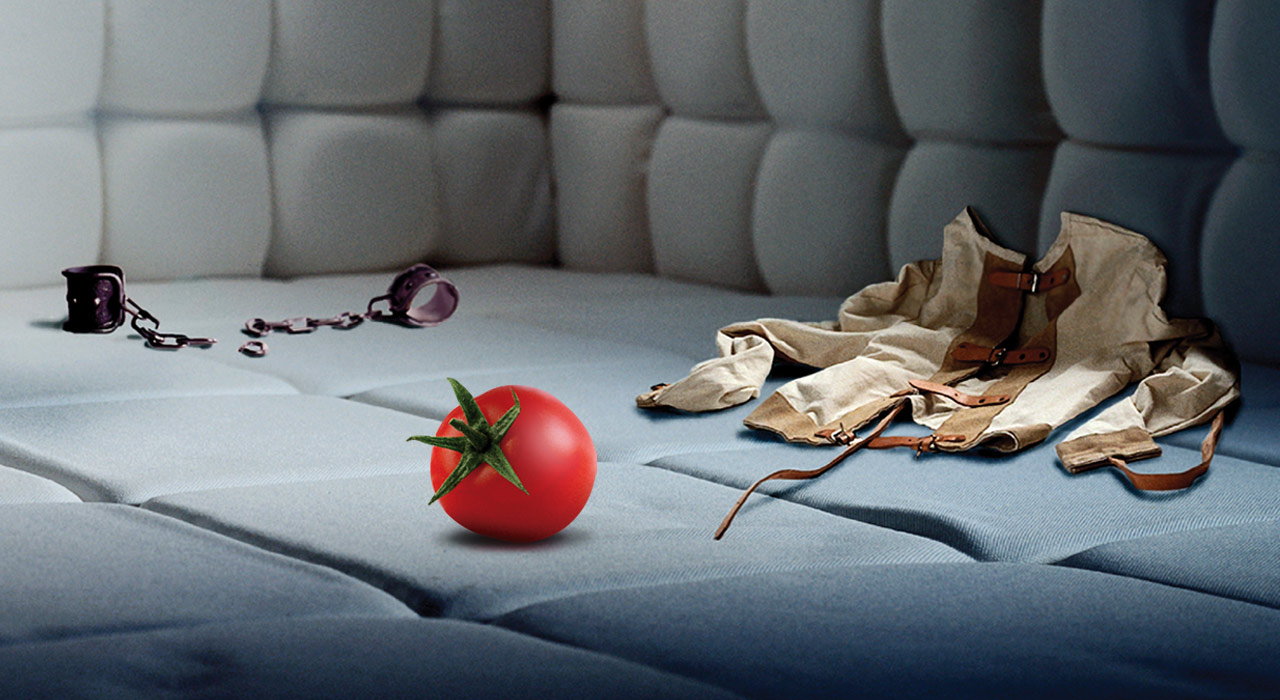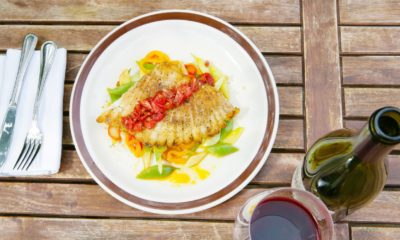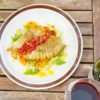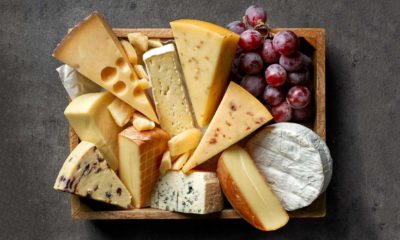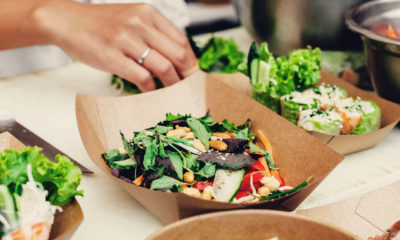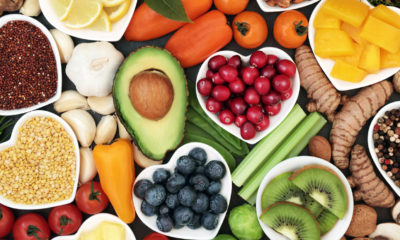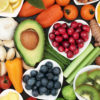Nutrition
Do Your Crazy Fad Diet Plans Actually Work?
You haven’t tried one, but you’ll know someone who has. Fad diets rise in popularity like contestants on America’s Got Talent, and are then forgotten just as quickly because, well, most don’t work long-term. They’re impossible to stick to (no fries? What, ever?!), cause unwanted side effects (stinky Atkins’ Diet breath anyone?), and often simply don’t work.
Even if you do lose weight at the start, you put it right back on again. But almost any fad diet holds one bit of common-sense advice to help you lose weight and keep it off for good. Read on to glean all the info you can to create your own fabulously effective fad-based diet.
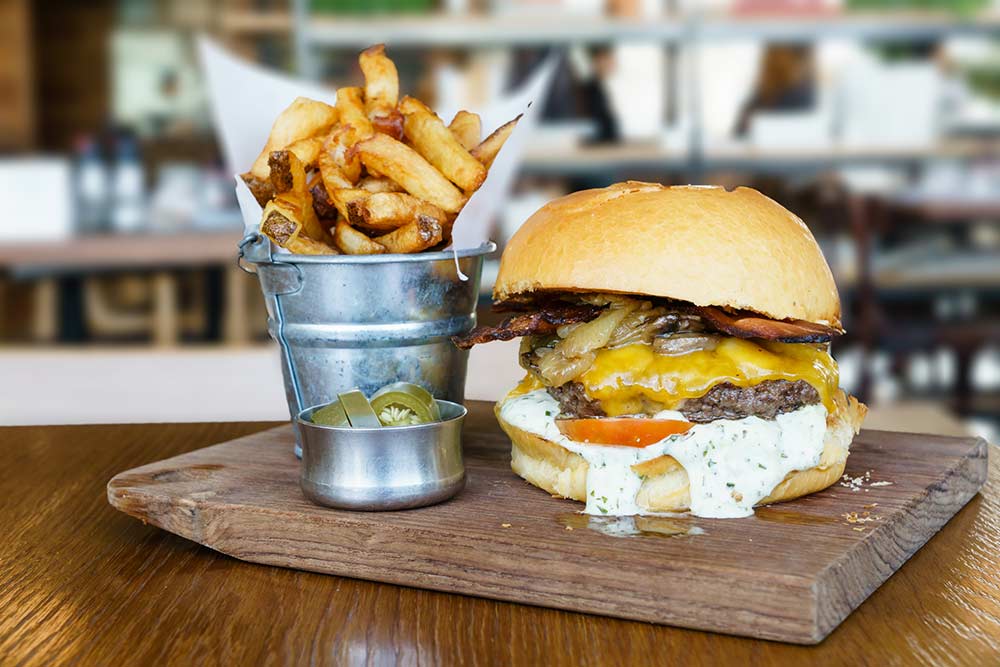
The Fast-food Diet
I’ll have a side of fries and a generous serving of mayo with my diet plan, thanks! Sound too good to be true? Well, maybe not. The idea behind this diet is that rather than trying to deny yourself the delicious delights of fast food – hot dogs, burgers, and so on – you simply pick the healthiest versions of the fast foods you enjoy most. But we can’t help wondering, when faced with a menu of burgers, fries and shakes, whether we’d have enough willpower to then opt for a healthy option. Nutritionists, however, think there’s something to it.
“There is actually a lot of merit in this idea, but it’s important to do it properly,” explains The London Nutritionist Jo Travers, registered dietitian and author of The Low-Fad Diet (thelow-faddiet.co.uk). “For example, if you are going for a burger and you want to try and make it healthier by skipping the carbs completely, this is more likely to make you hungry and you may just end up eating more calories because of it. Try and get the balance right whatever you eat. Split your plate into three parts: fill half with veg, a quarter with carbs and a quarter with protein. So this might look like a burger with the bun, but no fries, and a pot of salad.”
Tip to focus on: Alix Woods, nutritionist at Quest Nutra Pharma (qnutrapharma.com), suggests this simple color-based trick when eating fast food: “Avoid the fried and battered choices like fish and have grilled where possible. Minimize ‘brown’ and ‘beige’ colored foods and opt for fresh where possible.”

The Maker’s Diet
It makes sense that if the Bible can tell us how to live our lives, caring for others and so on, why shouldn’t it also contain good advice on how to eat? According to Jordan S Rubin, who extracted the diet from the Bible himself, it involves eating modestly, focusing on unrefined and unprocessed foods. But here’s the important part – it advises you focus on the emotional aspects of dieting, too – so avoiding or trying to treat “deadly emotions” such as being angry or bitter, for example, and focusing on a life of prayer and purpose.
“Your emotional state can have a huge impact on your success with losing weight,” says London-based nutritionist Kim Pearson (kim-pearson.com). “There are many factors that affect our desire to eat other than hunger. It’s worth keeping a food diary, noting down not only what you eat, but also how you felt at the time. This helps you become more aware of times when you might be prone to eating for reasons other than hunger.”
And then there’s the unrefined foods aspect. “These have more fiber, keep us fuller for longer and make our gut bacteria happy as there are theories that microflora may have a role in weight management,” says Travers.
Tip to focus on: Keep a food diary to pinpoint emotional eating and stick to diet plans.
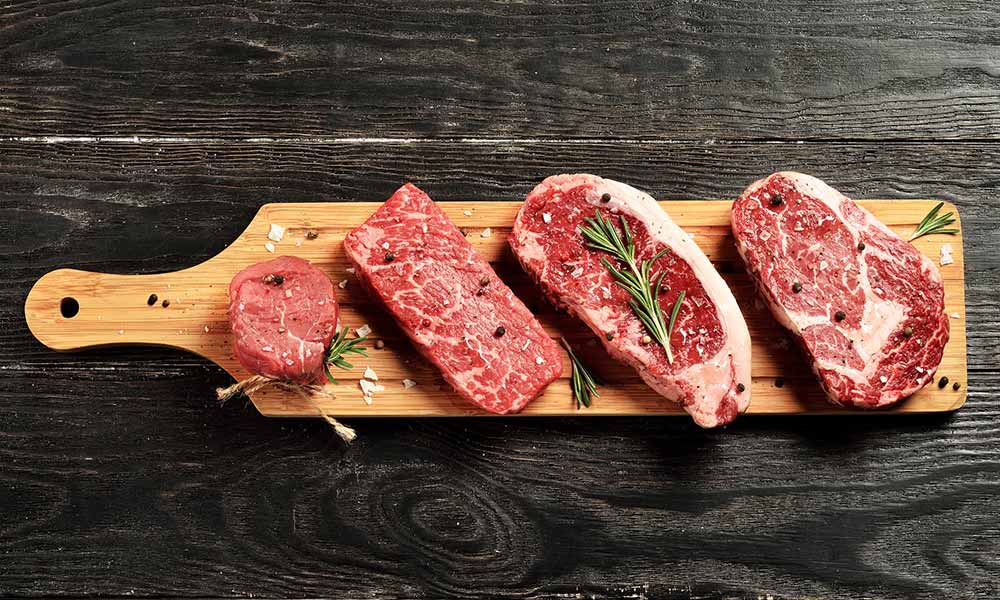
Low-fat Ornish diet
Based on the food philosophy of Dr Dean Ornish, clinical professor of Medicine at the University of California, San Francisco, only 10 percent of calories can come from fat, and of that, very little saturated. Nearly all animal products are banned, along with dairy (a little non-fat milk and yogurt is permitted).
“It is definitely not healthy to have so little fat for any length of time because the body can’t make its own fat and it is essential for it to function optimally,” says Woods. “We have to remember that fat doesn’t make us fat! It’s an excess of any food group that will. Fats help with the absorption of fat-soluble vitamins A, D, E and K. These are vital for the proper function of the body. Fats are also essential for energy provision, cell function, nerve function and our skin.”
All that said, there is something you can take away from this based on diet, and that’s healthy fats. “While some people may gain weight on this diet, if the extra calories are made up with eating extra carbs and you are eating almost no animal products, most of the fat is going to be coming from nuts and seeds and things like avocados, which tend to have quite a good fat profile,” explains Travers.
Tip to focus on: While sticking to this diet isn’t advised, reducing saturated fats in meat and animal products, and focusing on healthier fats such as those in nuts, seeds, olives and avocados, may give good results.
– RELATED: A Brief History Of Weight Loss, Fads And Diet Trends –
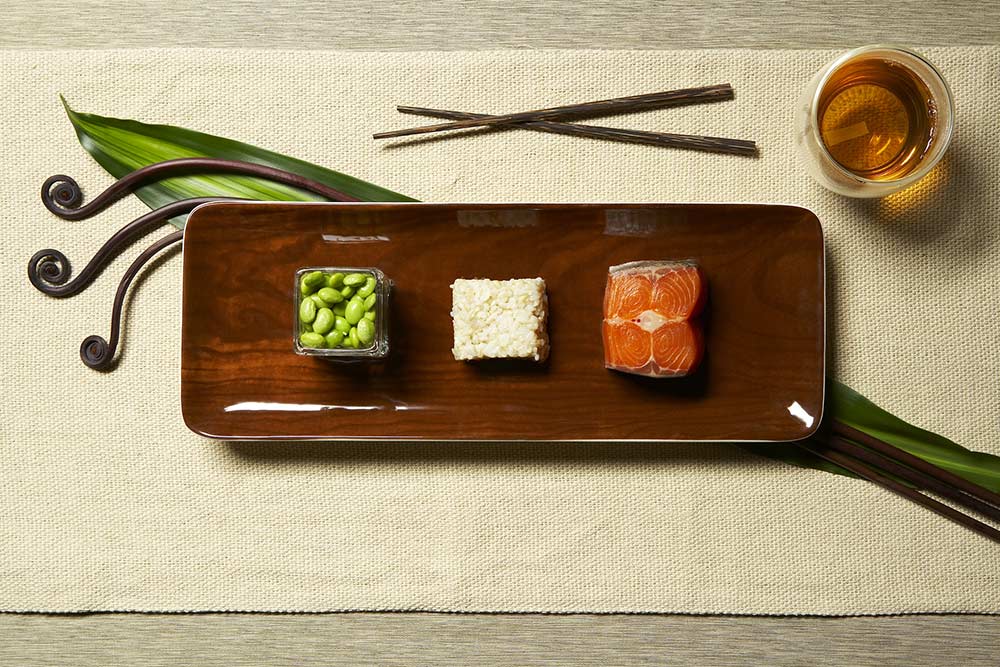
Flat Belly Diet
This focuses on reducing bloat, so initially only allows you to drink water and consume 1,200 calories per day in small meals. After that you switch to a diet high in monounsaturated fats (nuts/olive oil, etc). And fish is a big part of the meal plan, along with veg, fruit and grains.
“Bloating can cause your stomach to appear larger than it is and combating bloating can help your stomach become flatter regardless of your body fat,” suggests Pearson. “To banish bloating you need to get to the route cause of the problem. Eating smaller meals could help if the cause of your bloating was overeating, however, there are a number of extra causes of bloating that eating smaller meals won’t impact.”
There are other plus points nutritionists can spy. “If the diet is based around lean protein, veg fruit and grains, this sounds pretty healthy,” adds Travers. “If you were eating a rubbish diet before then you are likely to lose weight because of eating well.”
Tip to focus on: drinking plenty of water and eating smaller meals may help reduce bloat, making you feel slimmer. It’s not revolutionary, but can make a big difference.

Super Shred Diet
Moves the focus from counting calories to looking at how many food items you’re eating. The idea is that you change the types and quantities of what you eat to “surprise” your body into losing weight – in the same way that you can build stronger muscles by surprising your body when doing new and different exercises, you can make your body lose weight more easily and quicker by doing this, well, such is the claim. Also allows for alcohol and coffee. Yay!
However, nutritionists were unanimously unimpressed by this diet, stating that there was no evidence they were aware of that backed up this idea. That’s not to say it’s completely without any benefits, however.
“I’m not sure the evidence stacks up on “surprising” your body into losing weight,” says Travers. “But whatever diet you do, it makes you pay attention to what you are eating so often that means eating less in general. But yes, switching from bread (very convenient and can have a variety of easy toppings) to rice (has to be cooked and is difficult to just spread something on) is likely to result in eating less carbohydrate overall.”
Tip to focus on: While it may not be possible to surprise your body into losing weight by eating something different, you will be able to wield more control over what you eat if you pay more attention to what goes on your plate.
For more nutrition advice, sign up for the TRAIN for HER newsletter.


